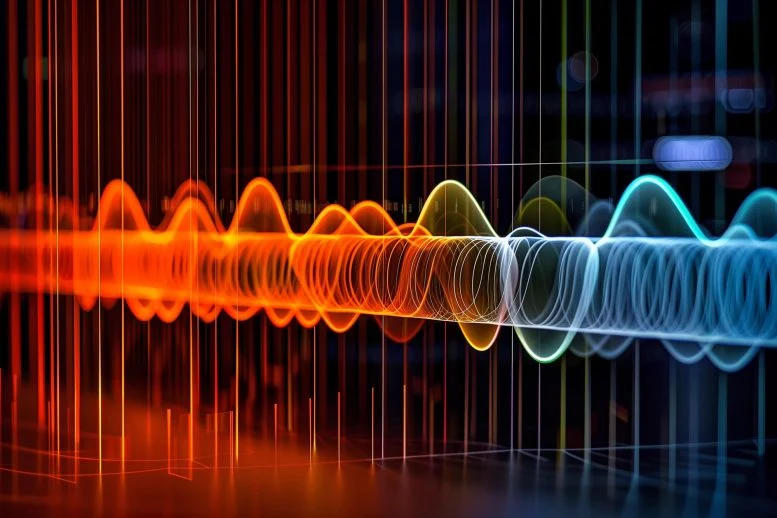
By School of Science, The University of Tokyo October 26, 2024
Collected at: https://scitechdaily.com/molecular-fingerprinting-now-100-times-faster-with-raman-spectroscopy/
Researchers at the University of Tokyo have achieved a 100-fold increase in the measurement rate of Raman spectroscopy, advancing its application in biomedical diagnostics and materials analytics.
This innovation was enabled by combining coherent Raman spectroscopy, a specially designed ultrashort pulse laser, and time-stretch technology, offering new possibilities for high-throughput, label-free chemical imaging.
Breakthrough in Raman Spectroscopy Speed
Scientists have successfully increased the measurement rate of Raman spectroscopy, a widely used technique for identifying molecules, by 100 times. Researchers Takuma Nakamura, Kazuki Hashimoto, and Takuro Ideguchi from the Institute for Photon Science and Technology at the University of Tokyo achieved this breakthrough. Raman spectroscopy is commonly used to measure the “vibrational fingerprint” of molecules, which helps to identify them.
This significant improvement addresses a long-standing limitation in the technique’s speed, opening doors to advancements in fields that depend on rapid molecular and cellular identification, such as biomedical diagnostics and material analysis. The research was published on October 22 in the journal Ultrafast Science.

Expanding Applications in Science
Raman spectroscopy plays a crucial role in both basic and applied sciences by identifying various types of molecules and cells. When a laser beam interacts with molecules, it causes vibrations and rotations in the molecular bonds, resulting in a shift in the light’s frequency. This shift, known as the scattering spectra, forms the unique “vibrational fingerprint” of each molecule.
“Measurement is the foundation of science,” says Ideguchi, the principal investigator of the study, “and as such, we strive to achieve the highest performance in our measurement systems. Particularly, we are dedicated to pushing the boundaries of optical measurements.”
Enhancing Optical Measurements
As Raman spectroscopy is a widely used measurement technique, there have been many attempts to improve it. One of its major limiting factors is its measurement rate, making it unable to “keep up” with the speed of changes in some chemical and physical reactions. The team set to improve the measurement rate by building a system from scratch.
“I had been contemplating this idea for over ten years without being able to start the project,” says Ideguchi. “It was the new, optimal laser system we developed a few years ago that finally made progress possible.”
Technological Innovation and Future Visions
Leveraging their expertise in optics and photonics, the researchers combined three ingredients: coherent Raman spectroscopy, a version of Raman spectroscopy that produces stronger signals than conventional, spontaneous Raman spectroscopy, a specifically designed ultrashort pulse laser, and time-stretch technology using optical fibers. As a result, they achieved a 50MSpectra/s (megaspectra per second) measurement rate, a 100-fold increase compared to the fastest measurement of 50kSpectra/s (kilospectra per second) so far. Ideguchi describes the wide-ranging potential of this improvement.
“We aim to apply our spectrometer to microscopy, enabling the capture of 2D or 3D images with Raman scattering spectra. Additionally, we envision its use in flow cytometry by combining this technology with microfluidics. These systems will enable high-throughput, label-free chemical imaging and spectroscopy of biomolecules in cells or tissues.”
Reference: “Broadband Coherent Raman Scattering Spectroscopy at 50,000,000 Spectra per Second” by Takuma Nakamura, Kazuki Hashimoto and Takuro Ideguchi, 22 October 2024, Ultrafast Science.
DOI: 10.34133/ultrafastscience.0076

Leave a Reply